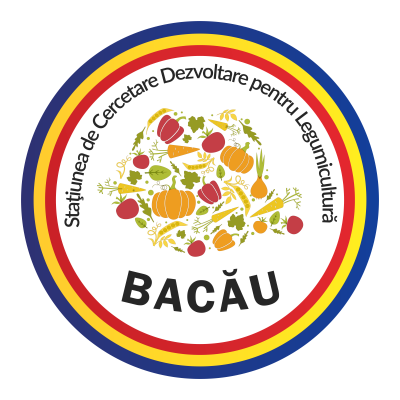Vegetable Research and Development Station Bacau
Romania

Vegetable Research and Development Station Bacau (VRDS) is an important research vegetable institute in Romania. VRDS Bacau carries out mission-oriented research for maintaining an economically viable and environmentally sustainable agricultural production system, providing safe, nutritious and affordable seed supply, and preserving PGR resources, including work on: breeding of vegetables, vegetable crop techniques and methods for vegetable seeds production; exploit the potential of PGR; studies concerning the adaptation of crop species to climatic conditions and new economic constraints; integrated control of pests and diseases at vegetable. VRDS Bacau is a pioneer of organic agriculture in Romania; first studies related to organic agriculture were developed here.
Role of Vegetable Research and Development Station Bacau in BRESOV
Within BRESOV, VRDS will be involved in WP2 activities with regards to high quality genotyping and phenotyping, identification of genes and QTLs for specific needs in organic farming, data integration and sharing. Additionally, VRDS will contribute to WP3 and will screen material for complex traits related to resilience under organic agriculture, identify sources of tolerance or resistance to pests and diseases and select resilient materials adapted to organic agriculture. Under WP5 activities, VRDS will evaluate and select breeding lines prior to on-farm testing and will carry out on-farm evaluation for agronomic performances in crop rotation models.
